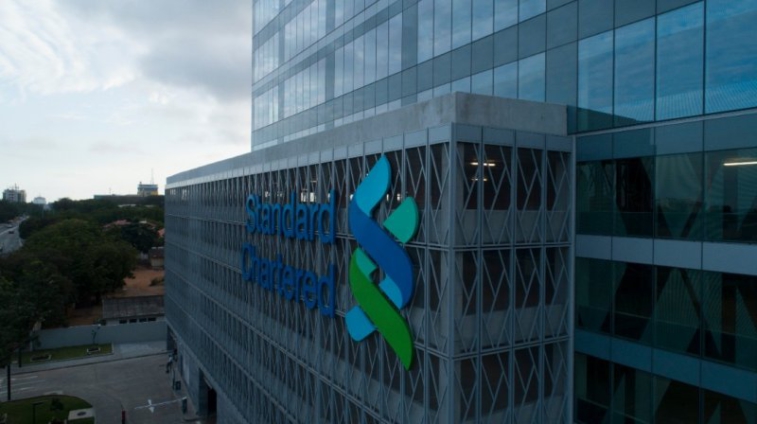The financial meltdown which caused the recession of 2008 to 2010 was triggered by shocks in the banking system. In fact, many economic downturns in the past such as stock-market crashes and debt defaults had financial-system origins but the current recession which has also hit Ghana is different as it was triggered by a global pandemic which has impacted governmental budgets whiles economies and societies are still struggling with appropriate responses, impacting financial markets adversely.
The outbreak of the Covid-19 pandemic in the country and its resultant contraction of the local economy, not only affected businesses and households on an unprecedented level but also presented heightened risks to the banking industry.
Risks such as the likely increase in non-performing loans, drop in deposit mobilisation, and more importantly credit losses due to pandemic-induced repayment challenges by businesses and individuals and its attendant impact on overall asset quality, capital, liquidity and profitability stared at banks in full glare.
The Bank of Ghana introduced monetary policy measures in an attempt to contain the impact of the pandemic on the economy. At the onset of the pandemic, we realised that there was generally a scramble for cash by households and even businesses to cover operating costs as a result of revenue shortfalls occasioned by a fall in production levels, especially for the manufacturing sector.
Again, over the course of 2020, we saw a slowdown in credit growth which reflected the pandemic-induced low credit demand and supply conditions and elevated credit risks as also noted by the BoG in its March 2021 Banking Sector Development Report.
With low demand for credit and elevated credit risks coupled with a general slowdown in economic activities, I’m sure it comes as a surprise to many as to how most banks in the country in the year (2020) under review were able to make a profit despite the impact of the Covid-19 pandemic on the economy, given the fact that a major share of the profit made by banks is dependent on interests charged on credit or loans made to businesses and households. As a matter of fact, published data from the Bank of Ghana notes that gross loans grew by only 5.8 per cent (to ¢47.8 billion) in 2020 compared to a growth of 23.8 per cent (to ¢45.2 billion) in 2019.
Let me share with you some of the prudent measures put in place by your number one bank (Standard Chartered Ghana […]
